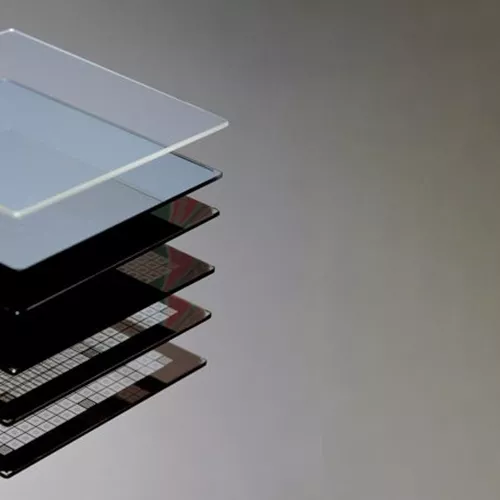- Latest evidence from the world’s longest running study on myopia management spectacle lenses reinforced effectiveness of Defocus Incorporated Multiple Segments (D.I.M.S.) Technology in continuing to significantly reduce myopia progression and axial elongation over 8 years¹
- Findings from the randomized controlled trial, ASPECT, demonstrated that combining 0.025% atropine drops with DIMS spectacle lenses reduces axial elongation in myopic children²
- A first-of-its-kind concept trial showed that D.I.M.S. Technology may offer a protective effect against the development of myopia in pre-myopic preschool children and postpone the onset of myopia³
14th May 2025 – HOYA Vision Care today announced new clinical evidence from three key clinical studies highlighting the impact of Defocus Incorporated Multiple Segments (D.I.M.S.) Technology. The results were presented as part of the company’s 2025 scientific program, Exploring New Frontiers in Myopia Management with MiYOSMART*, at the Association for Research in Vision and Ophthalmology (ARVO) 2025 Annual Meeting in Salt Lake City, Utah, USA.
The latest findings from the world’s longest-running clinical study on myopia management spectacle lenses showed that continuous DIMS spectacle lens wear demonstrated significantly reduced myopia progression (-1.00D ± 0.41D, p=0.017) and axial elongation (0.42 ± 0.18 mm, p=0.019) consistently for the full 8 years (n=11) of follow-up.1 This evidence demonstrates that wearing MiYOSMART* spectacle lenses continuously and for the long-term may improve myopia management outcomes.
Dr. Natalia Vlasak, Global Head of Medical and Scientific Affairs at HOYA Vision Care said "This landmark study, featuring the longest follow-up to date for myopia management spectacle lenses, reveals that long-term MiYOSMART use continues to significantly slow myopia progression so that children can enjoy their lives to the fullest. These findings emphasize the life- changing value of long-term adherence, providing crucial information and guidance for Eye Care Professionals and parents committed to protecting children’s vision health for the future.”
The first 12-month data readout from the ASPECT randomized controlled trial demonstrated that combining low-dose 0.025% atropine eye drops with DIMS spectacle lenses stopped myopia progression in around 40% of children.2 The mean change in axial length, a key factor in myopia progression, was significantly lower than in the atropine-only group (0.07 ± 0.16 mm vs 0.18 ± 0.16 mm; p<0.001). The researchers also explored vision-related quality of life (VR-QoL), indicating a trend towards improvement in general vision (p=0.049) and competence (p=0.031) in children using low-dose atropine and DIMS spectacle lens combination treatment.⁴
"Our findings suggest that combining MiYOSMART spectacle lenses with atropine can unlock even greater outcomes for children with myopia progression – marking a positive step towards more personalized, powerful treatment strategies in myopia management that suit the unique needs of each child." said Dr Natalia Vlasak, Global Head of Medical and Scientific Affairs at HOYA Vision Care.
A first-of-its-kind pilot study evaluating DIMS spectacle lenses for pre-myopia management in 5- and 6-year-old children indicated that the DIMS technology may offer a protective effect against the development of myopia in this population. Over nine months, the average cycloplegic spherical equivalent refraction (SER) remained stable with a yearly change of +0.06D compared to -0.15D in a control group. While axial length increased slightly (22.48 mm to 22.64 mm, p<0.01), the choroidal thickness remained stable. These promising initial findings suggest MiYOSMART spectacle lenses may help to prevent myopia development and postpone the myopia onset in pre-myopic preschoolers, laying the groundwork for future research.3
“With myopia rising at an alarming rate worldwide, finding effective strategies to slow its progression have never been more urgent,” said Dr. Vlasak. “With these studies, we continue to provide Eye Care Professionals and parents with confidence through evidence for the benefits of MiYOSMART spectacle lenses, both as a monotherapy and in combination treatment. We are proud to deliver on our mission to protect the long-term vision and quality of life for every child through our evidence-backed myopia management innovations.”
Product Disclaimer: *MiYOSMART spectacle lenses have not been approved for myopia management in all countries, including the United States, and are not currently available for sale in all countries.


